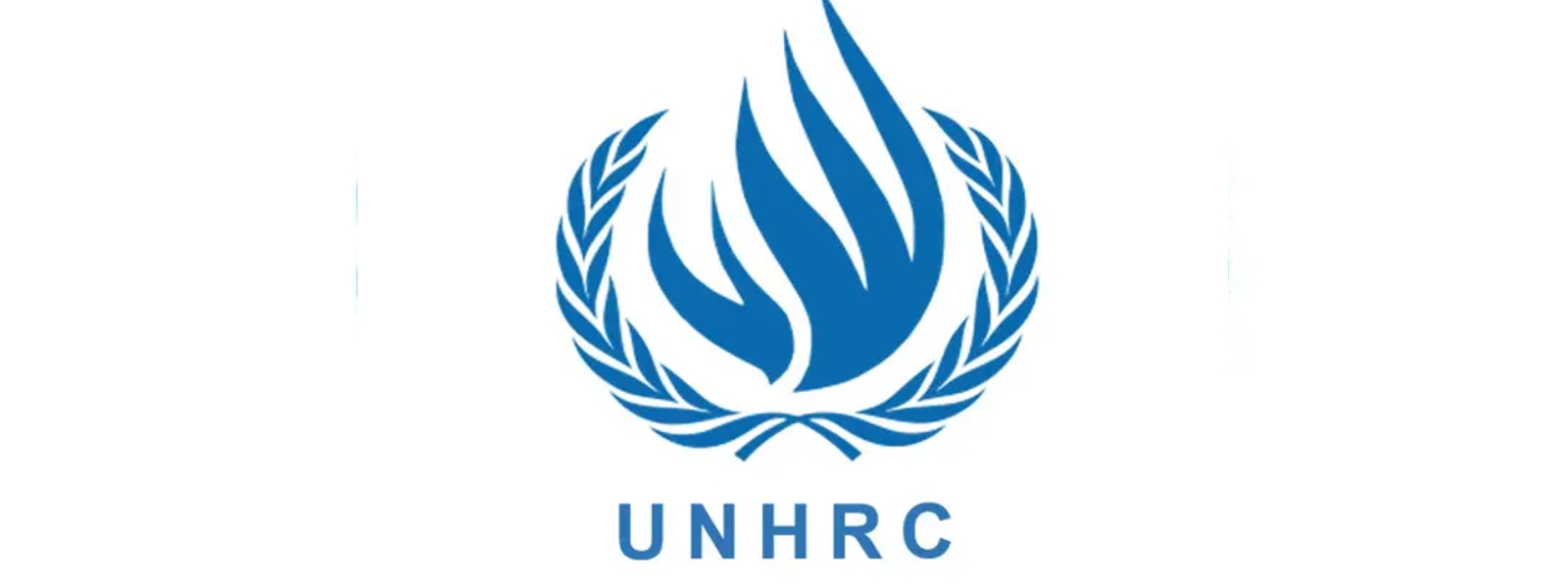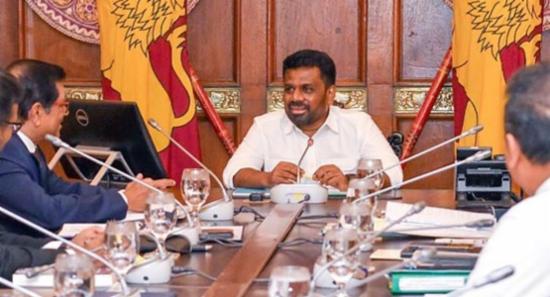.webp)

UNHRC Adopts Resolution on Sri Lanka Accountability; Sri Lanka Opposes Mandate Extension
COLOMBO (News 1st); The draft resolution on promoting reconciliation, accountability, and human rights in Sri Lanka was adopted without a vote at the United Nations Human Rights Council Session in Geneva.
As per the resolution, the Human Rights Council decides to extend the mandate of the Office of the High Commissioner and all work requested of it by the Human Rights Council in its resolution 51/1.
The resolution also requests the Office to present an oral update to the Council at its fifty-eighth session and a comprehensive report on progress in reconciliation, accountability and human rights in Sri Lanka at its sixtieth session, to be discussed in an interactive dialogue.
This resolution was submitted by United Kingdom of Great Britain and Northern Ireland, Canada, Malawi, Montenegro, North Macedonia, United States of America.
At the 57th Session of the Human Rights Council, Sri Lanka's Permanent Representative delivered a statement detailing the country's recent political and social advancements.
The address highlighted the peaceful and democratic election of President Anura Kumara Dissanayake, who was sworn in as the 9th Executive President of Sri Lanka on 23rd September.
Himalee Arunatilaka, Sri Lanka’s Permanent Representative to the United Nations, emphasized the upcoming parliamentary elections, which will further empower the government to meet the people's expectations for a new political culture centered on rule of law, transparency, accountability, and reconciliation.
The government is committed to addressing past mismanagement and corruption, ensuring justice for victims of the Easter Sunday attacks, and upholding democracy and human rights for all citizens, she added.
The statement also addressed draft resolution 57/L.1, which extends the mandates from previous Human Rights Council resolutions.
Sri Lanka has opposed these resolutions, citing concerns over sovereignty and the unprecedented expansion of the Council's mandate.
Despite rejecting the resolution, Sri Lanka remains committed to constructive engagement with the Human Rights Council and international human rights bodies.
Himalee Arunatilaka, Sri Lanka’s Permanent Representative to the United Nations concluded by urging support for the government's domestic efforts to address human rights and reconciliation, expressing appreciation for the international community's encouragement as Sri Lanka embarks on a new chapter.
Other Articles
Featured News





.png )


-792432-792475_850x460-792528_550x300.jpg)
-792501_850x460-792501_850x460-792522_550x300.png)
-792495_550x300.jpg)
-792488_550x300.jpg)

-789996_550x300.jpg)
-789879_550x300.jpg)
-789357_550x300.jpg)
-788581_550x300.jpg)

















.gif)